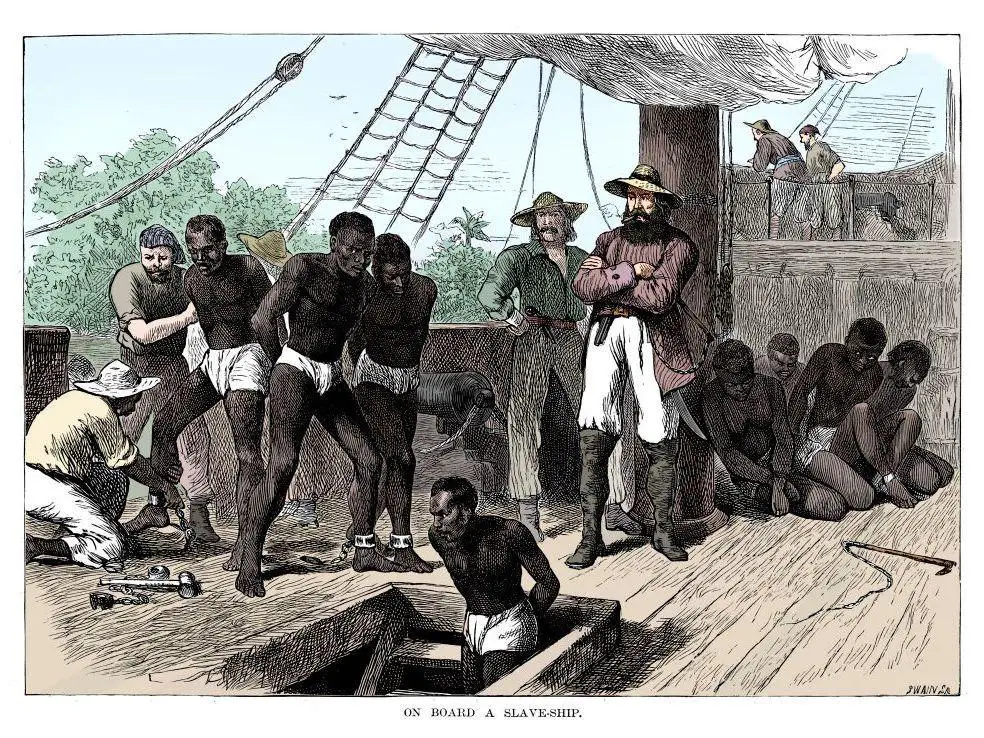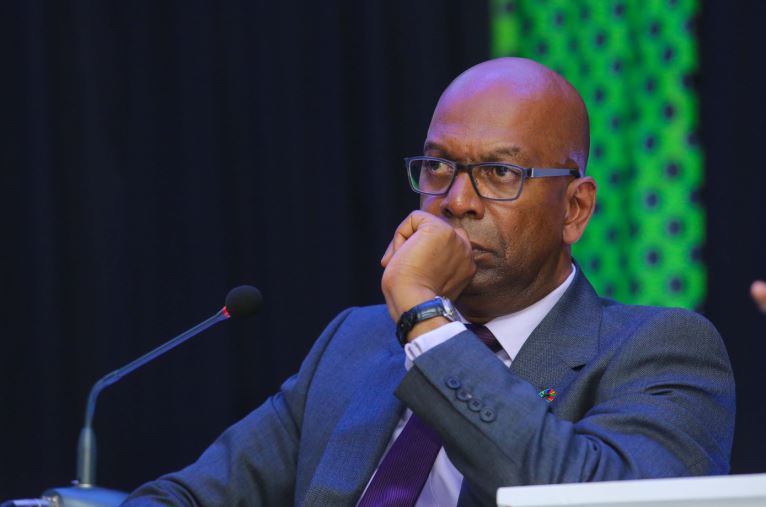
Dear Indian-owned companies and bosses in Kenya, the GenZ are coming for you.
Kenya is a very unequal society where talent and skill don’t matter. Most people in government only care about getting rich quick and flaunting that wealth in Chamas and village barazas.
Woe unto the Indians who have increasingly used the cheap labour mostly from Ukambani to frustrate workers, mistreat workers and put a chain of slavery around the necks of most Kenyans in Industrial Area factories.
Your time is soon up, even as I predicted a few years ago.
So who are the Generation Z or GenZ?
According to Pew Research Center, GenZ are defined as those who were born from 1997 onward and are part of a new generation.
GenZ is preceded by Millenials, Pew Research defines this cohort as anyone born between 1981 and 1996 (ages 23 to 38 in 2019).
In Kenya, KoT (Kenyans on Twitter) have occasionally been discussing GenZ’s strange workplace behaviour.
For once maybe, we might see an end to toxic workplace authority.
READ: SLAVERY IN KENYA
Governments are already tittering on the brink of collapse trying to rope in Millennials into the old ways where control was as easy; one just needed to take a mortgage from a bank.
These days, Millennials in the developed world are not even considering owning a home, through a mortgage; which is dealing a big blow to the capitalist and even globalist agendas.
Millennials have rejected the lies peddled by banks, for over a century, about wealth and life. GenZ will be worse to the establishment, even as we look from the standpoint of the creation of an immutable, decentralised currency, Bitcoin.
It is tough out there and I think Kenyan Indians and owners of capital might soon be in the read.
This is unrelated, but might be a good way to show that capitalism and current systems are naturally falling. In India, most people have, for other reasons stopped applying for jobs. The Indian Express reported, ‘About 21 million disappeared from the workforce, leaving only 9% of the eligible population employed or looking for positions. Now, more than half of the 900 million Indians of legal working age — roughly the population of the U.S. and Russia combined — don’t want a job, according to the CMIE.”
The post on Twitter this time came from a Nigerian, @EditiEffiong.
“Gen Zs are sending HR people everywhere to therapy.” @EditiEffiong tweeted
Gen Z are 25 year old and below at the turning point of a generational shift , upskill to work with them smoothly
— Ja Nyakach (@Ja_Kopul) April 29, 2022
More responses below:









Can such a person work in Kenya’s industrial area?

















































